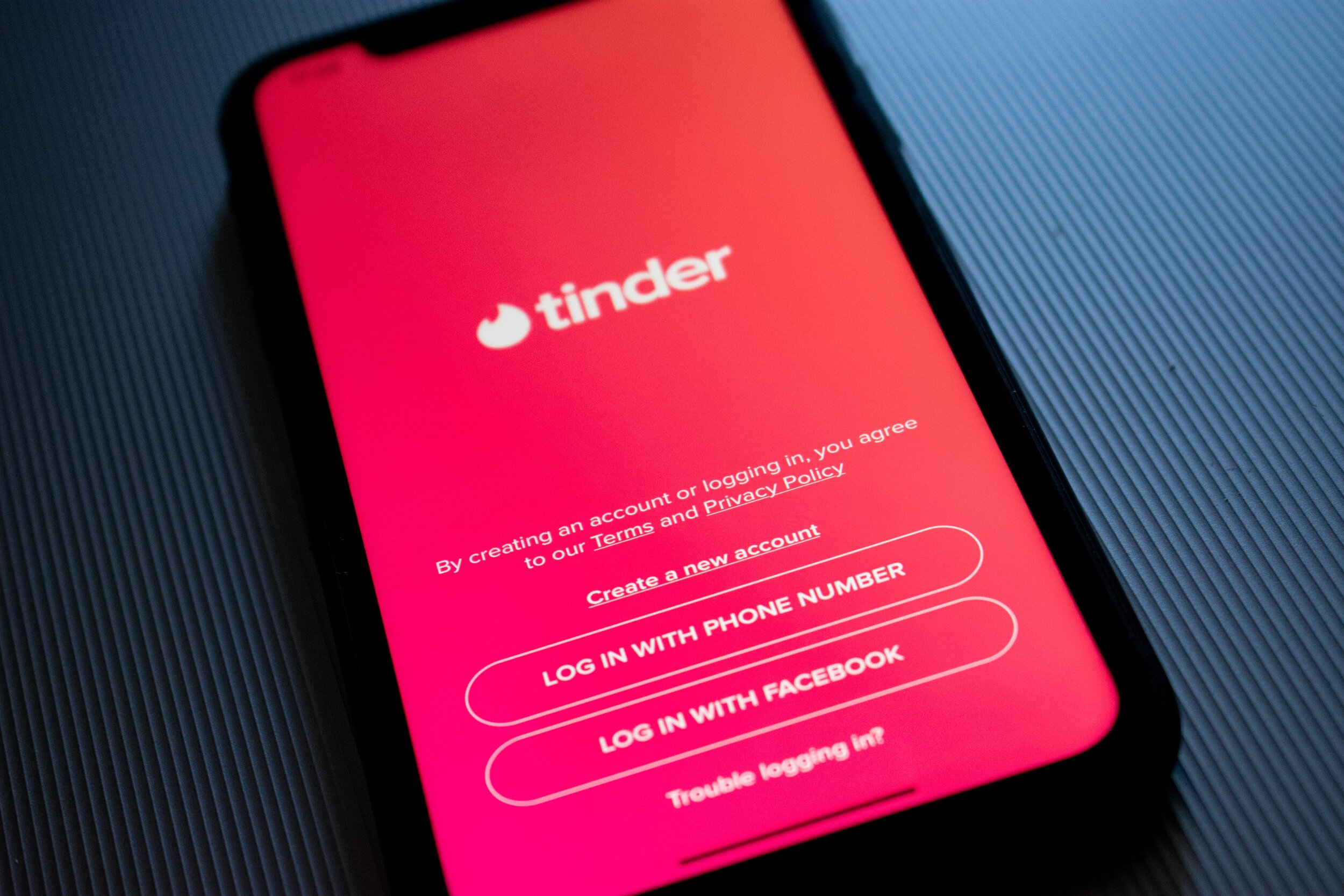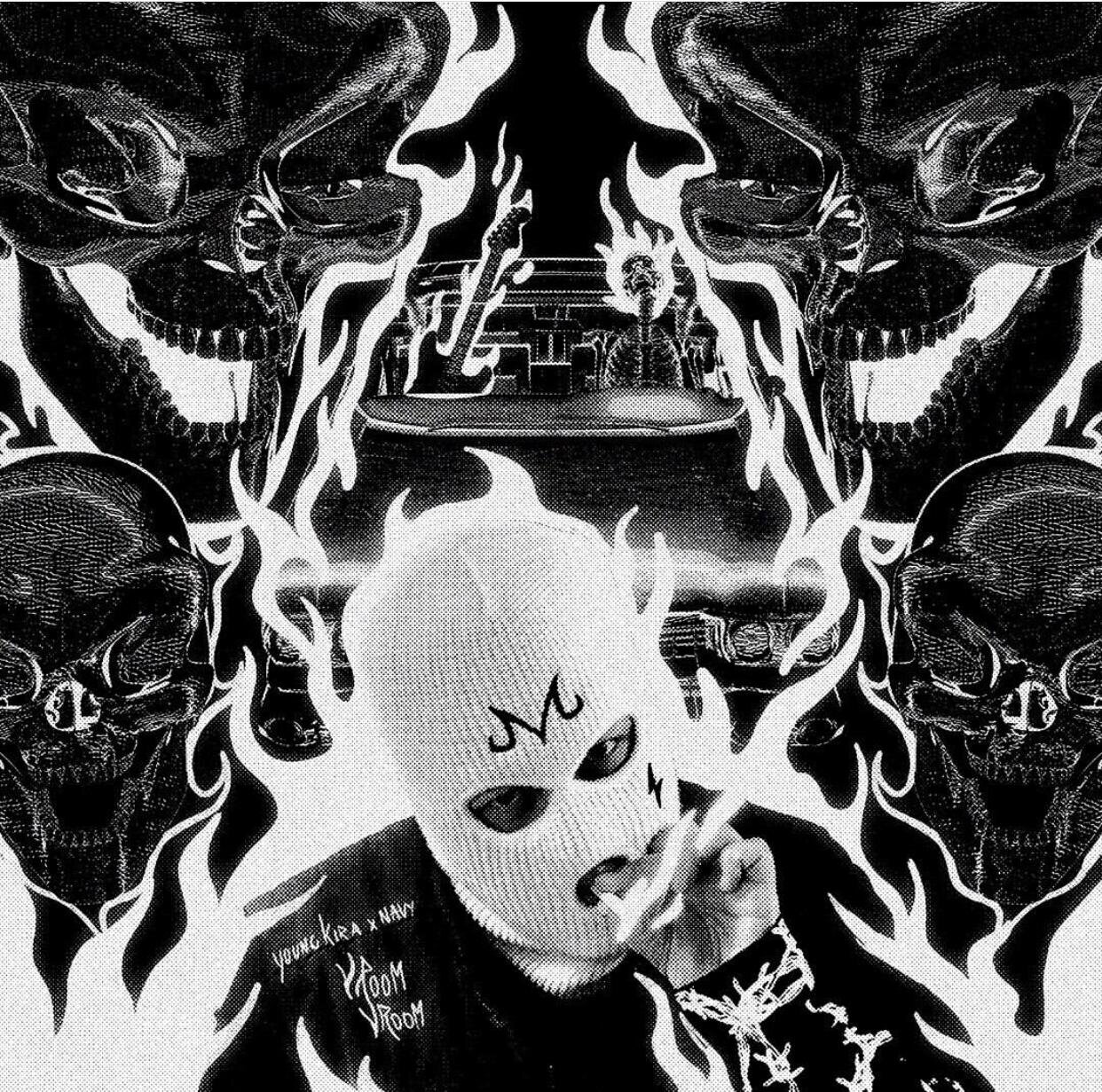"Art Reform" - the benefits of creativity in the prison system

A few months ago I attended an exhibit by Koestler Arts at the Southbank Centre. This particular showing effected me in ways I hadn’t previously imagined it would. Koestler Arts, working alongside this years curator Soweto Kinch, has been making strides in the criminal justice system to showcase the artistic talents of those stuck inside the circuit. The concept of “Art Reform” is brought forward in this exhibit with real and often awe-inspiring works by Prisoners in the UK system and from prisoners abroad.
Once I locked my sights on this project I knew I couldnt just leave it alone, It was a little too beautiful, a little too melancholy, too heart wrenchingly lovely and a little too real. So I didnt leave it alone, I spoke to ex-convicts and to prison guards, I consulted experts in the field of reform and religion alike. All of this speaking, noting and searching brought me back to the conclusion I already knew to start with; art often saves lives.
The exhibit itself was like walking into another world, emotionally and physically. Showcasing art of every medium from sculpture, poetry and painting there was a bit of everything to really drive the point home. The point being that although these people have often been outcasted from society, ignored and wished for dead, they very much existed.
In speaking with an ex-prisoner, who will remain anonymous, on the subject I was awarded this response:
“We had no art programs when I was in, just a lot of bibles and some of the guys on really good behavior had dogs to take care of. I think if I had something I could do with my imagination I wouldn’t have been in so long, just constantly making mistakes, the boredom was what killed me man, it was like there was no color just all grey. Art might’ve changed that for me, I dont know. I started making music when I got out, keeps me sane now.”
I also reached out to a friend of mine, Vladislava Kirilova, who works in the prison system for comment as well:
“I've met incredible artists, musicians, and writers. The opportunity to express themselves creatively is often more useful than simply using verbal language. You can connect with people in a deeper, more meaningful way. It also means that the offenders feel that they have something valuable to offer. This leads to feelings of empowerment and self-esteem, which I would argue are important factors in the process of rehabilitation.
One specific example I could offer occurred during the art workshops I was running. One of my service users could create incredibly creative papier-mache houses. Since I had never made one myself, we made a deal that he would teach me the ins and outs of this skill. We collected cardboard and found paint and glue. We worked on it every week and slowly made progress. This was a really good experience for him because it reversed the roles. He became the expert the person with the knowledge and I was learning from him. I think this experience really improved our relationship and gave him a sense of purpose and control over his life.”
As well as a comment from Koestler arts themselves:
“The annual Koestler Awards - which are open to prisoners, secure patients, immigration detainees and people on probation - harness the transformative power of the arts to help individuals learn new skills and gain the confidence to live creative, positive and productive lives. The role of the arts in supporting prisoners' rehabilitative journeys is difficult to quantify but it's becoming more widely accepted and talked about; at Koestler we know that everyone is creative, and that when someone is able to tune into that innate creativity, it really does change lives for the better. Creating work, whatever the medium, whether it's written work or a visual artform, occupies the mind, brings focus and freedom from other distractions, and a new way to communicate, prompting us to think about the world around us in new ways." Lucie Bright, General Manager, Koestler Arts
Whichever way you view man, the human race in general or criminals as a whole, it’s very evident that art has a lasting effect. The Koestler exhibit effected me in a way I wont ever forget. It effects prisoners in the system every single day by offering them ways to express themselves and build confidence and that’s something I think most people can get behind.
For more information visit: KoestlerArts.org.uk
Lukas skye
Turncoat Mag




